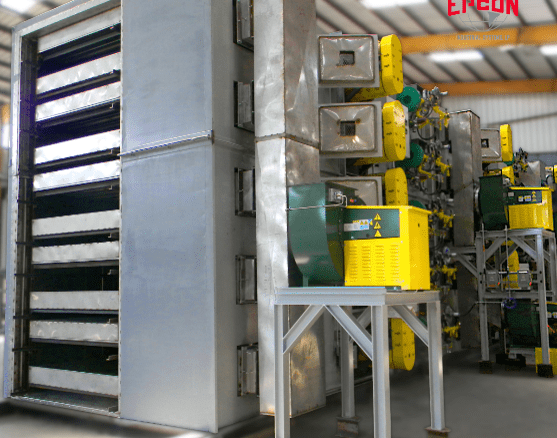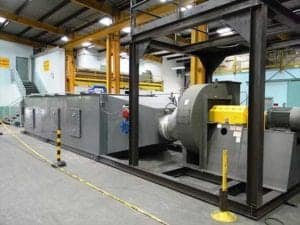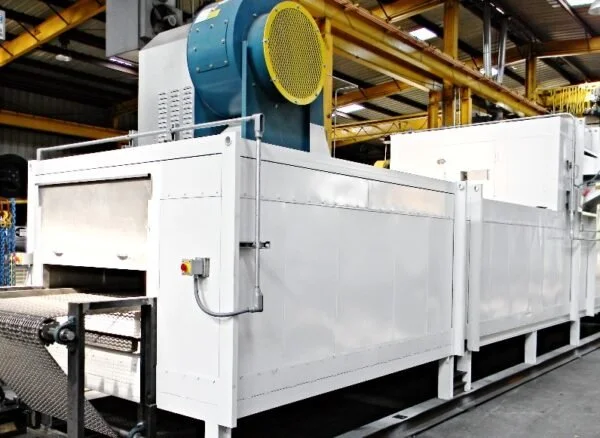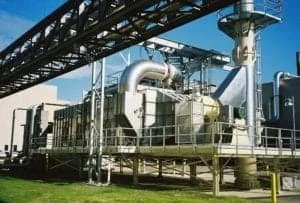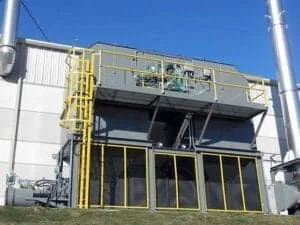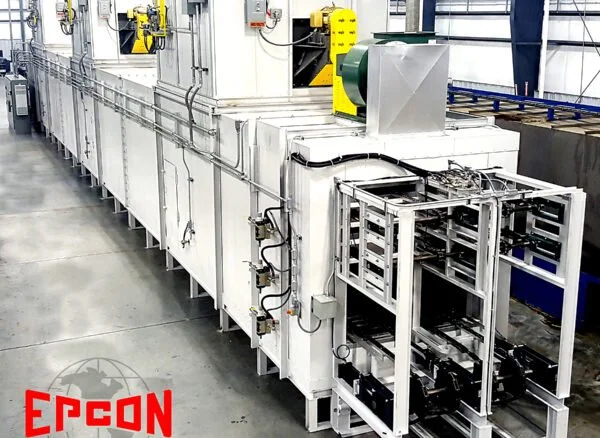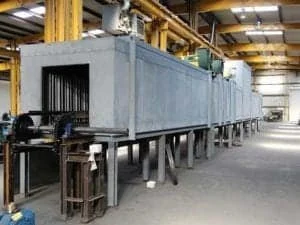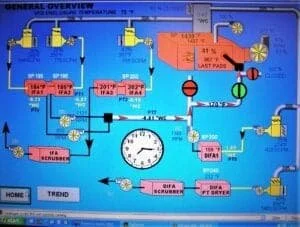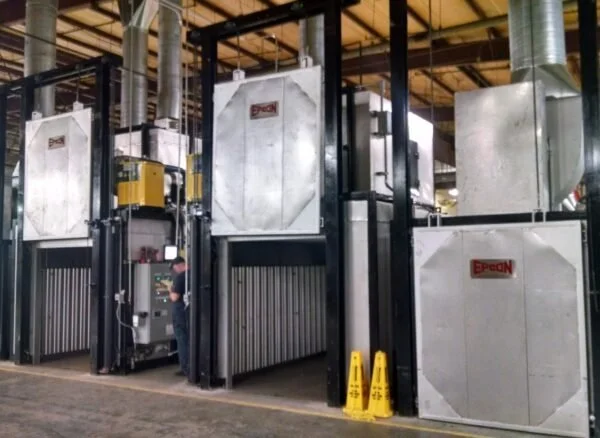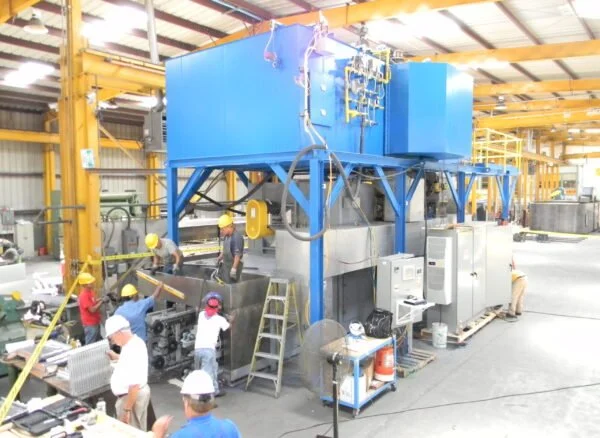
EPCON NEWS
Impact of thermal oxidizer sizing on melt system capacity
Driven by new regulations as well as consumer performance requirements, there has been a global increase in demand for a broad range of cast, extruded and machined aluminum parts.
Who can provide the latest design control systems for batch Ovens?
Many manufacturing applications and processes require temperatures and other operating parameters in an industrial oven or furnace to be controlled accurately, in real-time with minimal delays.
Features of Industrial Conveyor Ovens
Since there are thousands of different products requiring thousands of different heat-treatment processes, it is safe to say that most industrial conveyor ovens are unique. The unique conveyor ovens need customized planning and design to assure that you get the results you want from your production process.
How can you enhance the Productivity of your Industrial Oven or Furnace?
Epcon Industrial Systems specializes in custom designing and manufacturing of Process Heating Equipment, including Industrial Ovens and furnaces of varying sizes and capacities to suit a wide range of applications include aging, sterilization, drying, tempering, annealing, and more.
Thermal Recuperative Oxidizers
Thermal recuperative oxidizers are less commonly used than direct fired thermal oxidizers or regenerative thermal oxidizers, but are a natural evolution of the direct fired thermal oxidizer by adding primary and/or secondary heat recovery to the setup. They run cooler than RTOs, at about 760° C or 1400° F and have a much lower heat recovery efficiency, up to 80%.
Epcon’s patented Thermal Deoiling System
Epcon is proud to be an industry supplier to leading Air Conditioning Evaporator and Condenser manufacturers to help the industry faced with the challenge of eliminating hazardous solvent based degreasing materials from their processes.
3 Common Features of Custom Industrial Ovens
The number of industrial oven designs are almost as limitless as the number of industries and individual companies that use them. But there are some common features that you see used in customized industrial oven design:
How Epcon’s Equipment Can Enhance Your Facility’s Finishing Systems
Epcon has been supporting finishing systems for facilities performing tasks such as cleaning (wash lines – multi-stage washers), painting and coating (paint booths) and curing (industrial ovens) for over 40 years.
Getting the Right Mix for a Thermal Catalytic Oxidizer
As you can see, adding a catalyst to a thermal oxidizer requires a lot of specialized knowledge and engineering skill to set up an effective thermal oxidizer system that destroys the VOCs and HAPs quickly, completely and at the lowest possible cost.
Regenerative Thermal Oxidizers (RTOs)
Used to destroy Volatile Organic Compounds (VOCs) such as hydrocarbons, solvents and other hazardous air pollutants, Regenerative Thermal Oxidizers are the most common air pollution control equipment in use today.
How does a Regenerative Thermal Oxidizer (RTO) Work?
What is happening inside the combustion chamber to break down the air pollution? This animation shows the various components and thermal mechanics of a RTO operation and demonstrates how the process air cycles through the system.
What is an Industrial Conveyor Oven and What is It Used For?
An industrial conveyor oven is an industrial batch oven that moves the product to be processed through it on a conveyor system.
High Volume Production
Demand for your product has grown so much that manufacturing your product one batch at a time is inefficient or is creating a bottleneck in the manufacturing process. It takes a lot of time to load, heat, cool and unload the product in a batch oven.
What are Batch Ovens and what are they used for?
This animation highlights the features of a 3–Compartment Gas Fired Aging Oven with Cooling Capacity. Batch Ovens are an ideal solution for aging, baking, curing, drying, finishing, heat treating, hardening, or pre-heating.
Air Flow Configuration
A critical component of a custom industrial oven is the duct work that controls the air flow through the process. Since the heat source for this process is delivered by forced air convection (most of the time), this has a significant impact on the overall industrial oven design.
Looking to Add a Catalyst to Your Thermal Oxidizer Setup?
Contact one of our thermal oxidizer engineering experts at (936) 273-3300, email us at epcon@epconlp.com, or complete our simple online contact form, to get the information you need.
Need More Information About Thermal Deoiler Systems?
Are you looking for a thermal deoiler system that will reduce your energy consumption and cost? Give us a call at (936) 273-3300, email us at epcon@epconlp.com, or complete our simple online contact form to reach out to one of our experts today.




